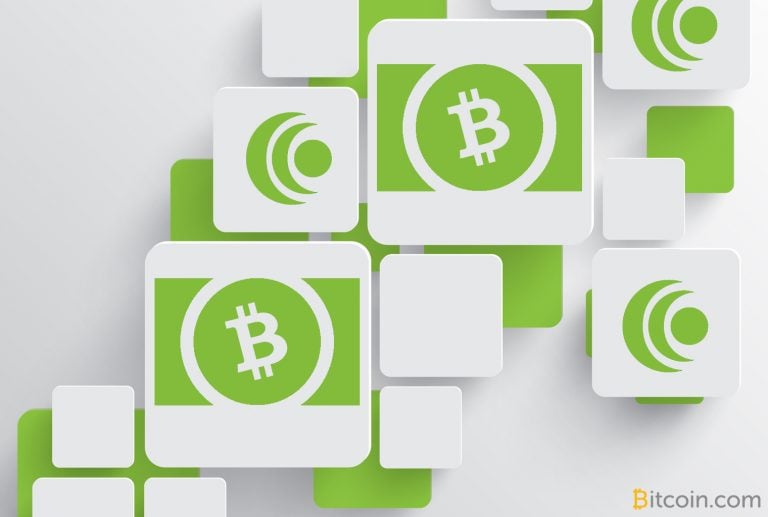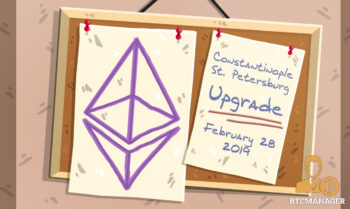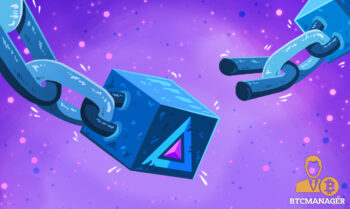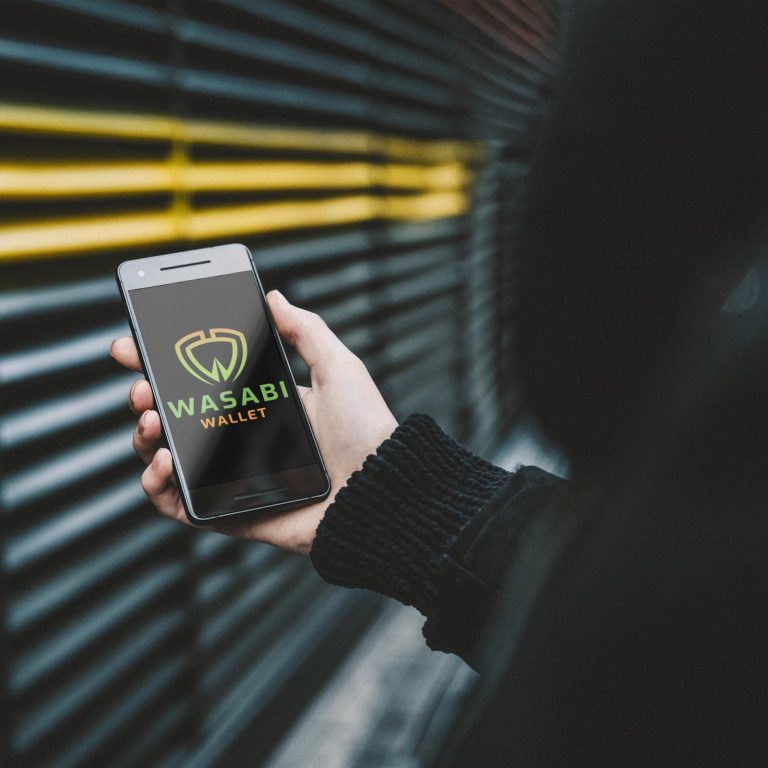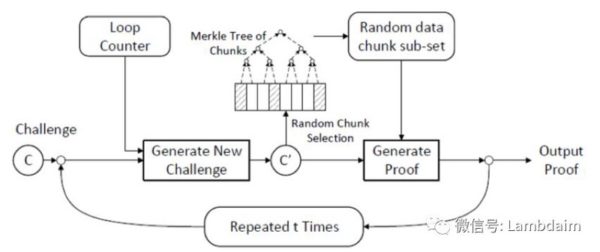2019-6-19 16:00 |
Coinspeaker
Fusion Foundation Announces MainNet Launch of its Open Source Protocol to Bring Blockchain Finance to the Masses
Fusion Foundation, the non-profit organization building the next generation infrastructure for decentralized global finance, today announced the official MainNet launch of its ground-breaking open source protocol developed to bring blockchain finance to the masses. Following the December launch of Fusion’s Payable Staged Test Network (PSN), Fusion’s growing user community added hundreds of nodes, more than 800,000 transaction blocks and validated over 1,000,000 transactions.
The timing of Fusion’s MainNet launch is welcomed by the 40+ companies — including banks, global social impact organizations, blockchain projects, exchanges and more — that are actively exploring how to use Fusion’s innovative features and interoperable framework. By combining these features, virtually any financial transaction can easily be expressed on the blockchain. Earlier this month, Fusion was invited to discuss the role of blockchain for bringing global finance to the masses as a featured panellist at the United Nations Blockchain Summit in New York.
Dejun Qian, founder and CEO of Fusion Foundation, said:
“The Fusion community and our key business partners have been incredibly helpful in our testing and development efforts. It was important for us to build our network to meet needs of real businesses, synthesizing feedback and incorporating partner recommendations to build a protocol and network to transform global finance.”
Key Functionality on Fusion’s MainNetTime-lock – Fusion’s unique Time-Lock feature enables users to extract time-value from digital assets and easily model time-based transactions (such as licensing agreements and asset rentals) on the blockchain.
Quantum and Multi-Swap – Quantum Swap facilitates the seamless and cost-effective cross-chain exchange of any two asset pairs wherein the only expense is gas fees paid to stakers. Multi-swapping takes quantum-swapping to the next level, enabling many-to-many swaps of any digital assets with incredible efficiency, a feature never seen before in the blockchain landscape.
Universal wallet and Short Account Number (SAN) – Fusion introduced a powerful cross-chain wallet that can control any digital asset across any distributed ledger. With these capabilities, users can acquire a SAN to replace their long and error-prone public address with a short address typically between three to five numerals long.
Asset Creation and Enhancements – New digital assets can be created in a matter of seconds using the Fusion protocol without the need for any programming or smart contracts. Assets can also be enhanced with additional data to create non-fungible assets. Asset creators even have the flexibility of adjusting the supply of a digital assets to suit their business needs.
Staking – Consensus on Fusion’s public blockchain will be achieved using a custom-built Proof of Stake algorithm that has already been running smoothly on Fusion’s TestNet for almost 6 months. In fact, staking on Fusion’s TestNet earned participants more than $700,000 (at time of writing) worth of FSN token rewards for block validation. The community is expecting rewards to be significantly higher on MainNet with some calculations estimating more than 40% yearly rewards from staking.
Fusion (FSN) Token SwapFusion token holders will be able to easily transition their ERC 20 FSN tokens to native Fusion main network tokens. This process is as simple as sending ERC20 tokens to a wallet address and being automatically credited with native FSN tokens.
Although these features are now available through Fusion’s new licensing agreement, Fusion is continuing to build a global Ecosystem of Economies that connects financial systems on the blockchain. Fusion’s next priority is integrating its breakthrough Distributed Control Rights Management (DCRM) technology to MainNet.
Numerous companies and projects have already signed up to use DCRM, and the technology is being enhanced by four of the world’s most accomplished cryptographers. The launch of Fusion’s MainNet brings Fusion one step closer to the new reality of Decentralized Finance (DeFi) for connecting legacy and next generation financial systems.
About FusionFusion Foundation is a non-profit organization building the next generation infrastructure for decentralized global finance. By providing innovative companies and developers with the open source technology they need to build peer-to-peer time and value-based applications, the world will enjoy financial transactions that are more accessible, efficient and transparent than previously possible.
Fusion’s seasoned team of industry veterans led by Founder and CEO DJ Qian, a blockchain pioneer who previously launched two top 20 global blockchain projects (VeChain and QTUM), is working to collaborate with financial institutions, cryptocurrency companies, businesses, peer-to-peer lenders, third-party app developers, academia, and the broader blockchain community.
By providing the foundation that enables different cryptocurrency tokens, digital assets, off-chain values, and data-sources to be created and exchanged between the Fusion blockchain, other blockchains and financial systems, Fusion is moving ever closer to a globally accessible system for the free exchange of values. Visit www.fusion.org to learn more about Fusion and its partnership program.
Fusion Foundation Announces MainNet Launch of its Open Source Protocol to Bring Blockchain Finance to the Masses
origin »Bitcoin price in Telegram @btc_price_every_hour
Open Trading Network (OTN) íà Currencies.ru
|
|







